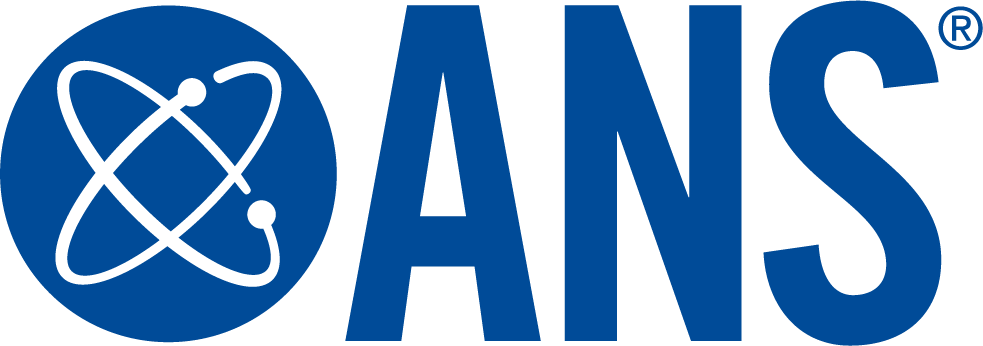Breakthrough Institute/ANS letter to the NRC
 |  |
June 15, 2022
Commissioners
U.S. Nuclear Regulatory Commission
Washington, DC 20555
Subject: Joint NGO Concerns Regarding the NRC’s Regulatory Engagement in Developing a “Risk- Informed, Technology-Inclusive Regulatory Framework for Advanced Reactors” [Regulation Identifier Number RIN-3150-AK31; Docket ID NRC-2019-0062]
Dear Chairman Hanson and Commissioners Baran and Wright,
The vision for 10 CFR Part 53 began in 1999 after the U.S. Nuclear Regulatory Commission (NRC) established foundational policy for developing risk-informed, performance-based regulations.1 Twenty years later, the Nuclear Energy Innovation and Modernization Act (NEIMA) of 2019 mandated these early aspirations be codified into a rule “to allow innovation and the commercialization of advanced nuclear reactors”2 as defined in the Act.3
We write in the interest of ensuring that Part 53 provides an efficient and effective regulatory framework for licensing safe, advanced reactors. Specifically, we urgently request the Commission to direct the NRC staff to engage stakeholders in an open and collaborative approach to developing a riskinformed, technology-inclusive framework for advanced reactors4 (the Part 53 rule) by sponsoring a multi-day workshop or series of workshops, beginning as soon as practicable. This urgency of an open, collaborative development process is growing as a window of opportunity to shape Framework B into a useful pathway for new and advanced reactor licensing will close in September 2022.
We note that the NRC staff requested (and the Commission approved) a nine-month extension “to address… significant areas of disagreement… identified by… stakeholders who are investing time and money to develop new reactor designs.”5 The NRC staff proposed a “novel, iterative process” to resolve those disagreements.6 The Congress supported this extension to achieve alignment, writing “We agree that reaching alignment with external stakeholders on the scope and details of the proposed rule is essential to ensure a better product.”7 However, a recent survey of industry stakeholders revealed a perception of limited utility of the NRC staff’s initial proposal for 10 CFR Part 53 (now Framework A).8 We believe a different, more collaborative approach is needed for Framework B.
The NRC staff is currently developing Framework B in a similar manner to Framework A. It appears to offer only an opportunity for stakeholders to comment, and not to participate substantively in comment resolution. We are concerned that simply commenting on iterative NRC staff proposals will not afford sufficient opportunity to “meaningfully engage with stakeholders [and] achieve the shared goal to establish a useable rule” or allow “industry stakeholders [to] constructively contribute to the process”9 of implementing NEIMA.
Stakeholders and the NRC staff have several months to work together on a regulation that offers a viable pathway for licensing diverse reactor technologies. A substantive workshop or workshops on Framework B can be accommodated during this time if the Commission acts swiftly to make room at the table for all stakeholders to explore and formulate approaches in a collectively informed fashion with the goal of enabling deployment of safe advanced nuclear reactors in this decade. Successful workshops will require appropriate preparatory work and a willingness among all parties to consider and discuss alternative approaches and proposals. We note that industry and the NRC held three workshops during the month of May 2021 on the Technology Inclusive Content of Application Project, and those workshops were successful in developing mutual understanding in areas of disagreement and achieving alignment on many of them.
We greatly appreciate your consideration of this earnest request for collaborative participation in the development of Framework B through NRC-sponsored workshops. This level of involvement at the front end of the rule development process is vital to establishing clear licensing pathways for new reactor developers as envisioned by Congress in enacting NEIMA. We look forward to working together with the NRC staff, the nuclear industry, and other stakeholders to achieve NEIMA’s important goals.
Sincerely,
|  |
Rani L. Franovich | Steven P. Nesbit |


